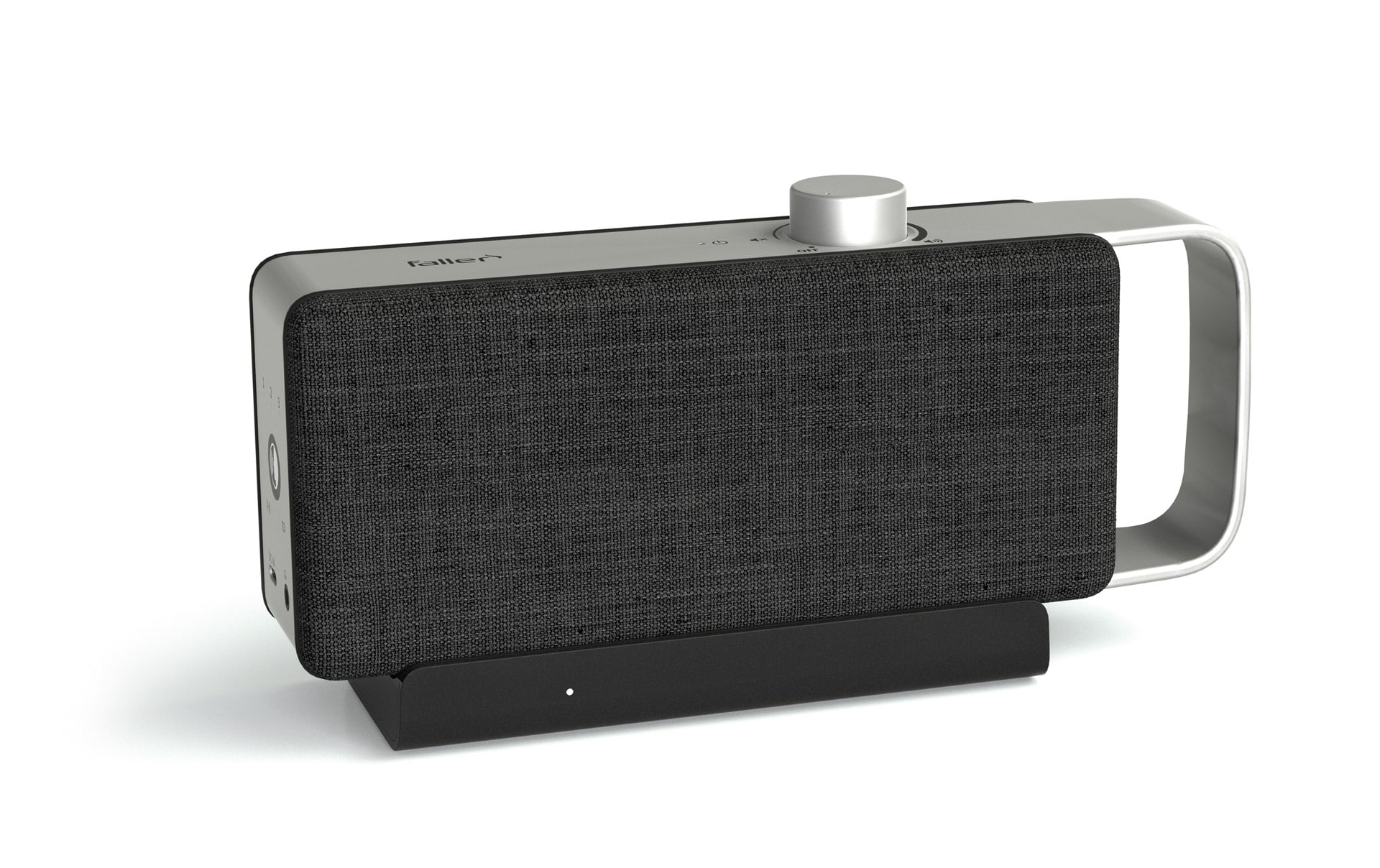HÖRST
Misophonia - When people hate sounds
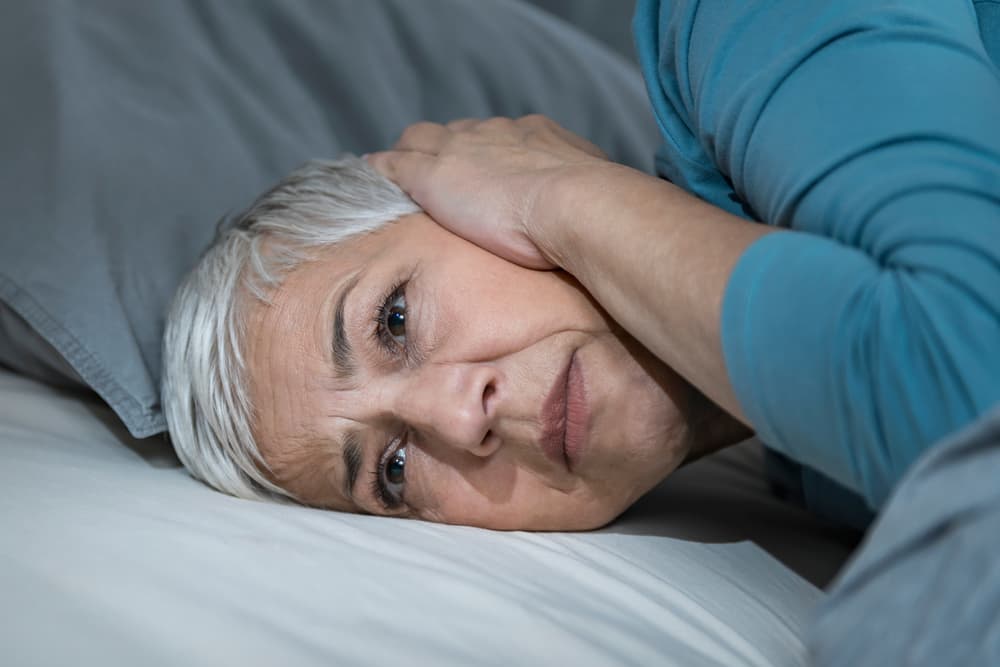
Table of contents
The alarm clock rings, someone bites into an apple, rustles with aluminum foil - what most people don't even notice can be pure horror for people with misophonia, because they suffer from a disorder that sometimes makes them very sensitive to noise.
It is estimated that up to 15 percent of all adults suffer from misophonia, and yet it is largely unknown. That's why we want to explain it to you below.
What is misophonia?
The term misophonia comes from the Greek and means something like hatred (miso) of sounds (phonia). It refers to a hypersensitivity to certain sounds.
As a rule, the "dreaded" sounds are quite normal everyday noises such as chewing gum, smacking and swallowing, the clicking of a computer mouse, rubbing noises from certain materials, etc.
These noises are therefore not harmful to those affected, in the same way as noise, for example, but nevertheless trigger extremely unpleasant feelings in some people. These primarily include fear, disgust and shame, great discomfort, which in turn often lead to anger or rage. Sometimes people with misophonia even become aggressive when they hear certain noises.
For outsiders, the symptoms and reactions of those affected usually bear no relation to the noises. Those affected are often aware of the disproportionate nature of their reactions, which is why they try to avoid situations in which the noises occur.
Symptoms associated with these feelings can sometimes become physical and range from nausea and sweating to shortness of breath.
Misophonia, phonophobia or hyperacusis
Misophonia is also referred to as "selective sound sensitivity syndrome".
Misophonia should not be confused with phonophobia or hyperacusis. The former is an anxiety disorder, namely the fear of loud noises. Typical examples would be fireworks or loud banging, sirens, alarm systems, etc.
Hyperacusis in turn refers to a pathological hypersensitivity to sound.
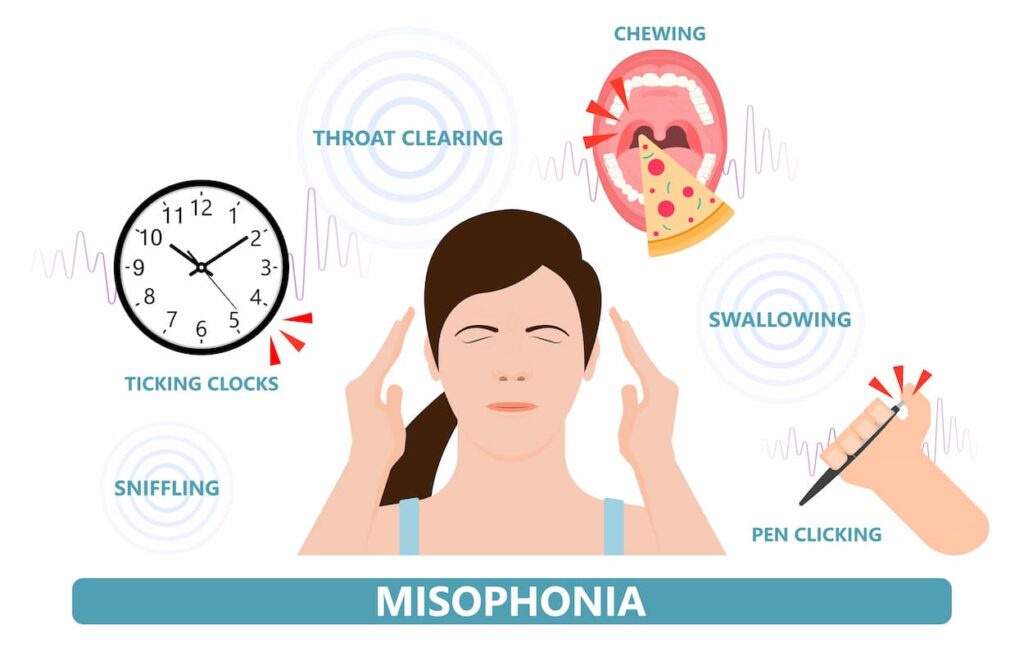
Causes of misophonia
While phonophobia is often caused by certain events or experiences with loud noises, misophonia is thought to have neurological and psychological causes or a combination of brain dysfunction and behavioral factors. However, this has not yet been sufficiently proven in research. It is very likely that there is not one specific cause, but several, depending on the person or event.
In addition, in many cases it also seems to be decisive from whom the disturbing noises originate. Particularly at the beginning of this disorder, the reactions are often only caused by one specific person, for example a family member or friend.
Triggers of misophonia
The triggers for misophonia that produce the respective reactions vary greatly from person to person. They are also called triggers or trigger noises.
As a study from the Netherlands found in 2020, eating noises are among the most common triggers, such as chewing or smacking, swallowing, slurping, etc. In addition, certain breathing, mouth and throat noises are very stressful for many sufferers. Also at the top of the ranking: environmental noise. These include music, machine noise and ringing telephones, for example.
Therapy for misophonia
Misophonia is a mental disorder, but has not yet been officially recognized as an illness. The treatment of misophonia usually depends on the respective disorder.
Behavioral therapy is often recommended, in which those affected develop various coping strategies. Relaxation techniques, such as progressive muscle relaxation, autogenic training or yoga, can also be helpful.
Another therapy model is counter-conditioning, in which an attempt is made to separate the person's anger from the noise that triggers it by weakening the noise.
Sometimes misophonia is also treated with tinnitus retraining therapy, a hearing therapy with behavioral aspects that was originally developed for the treatment of tinnitus.
Last but not least, there are some technical aids that can be used in the treatment of misophonia. These include, for example, various noise suppression aids such as headphones or earplugs as well as noisers or maskers and white noise apps etc. They can help to attenuate or block out the trigger noises.
For more information on treatment for misophonia, it is best to contact your ENT specialist.
More articles
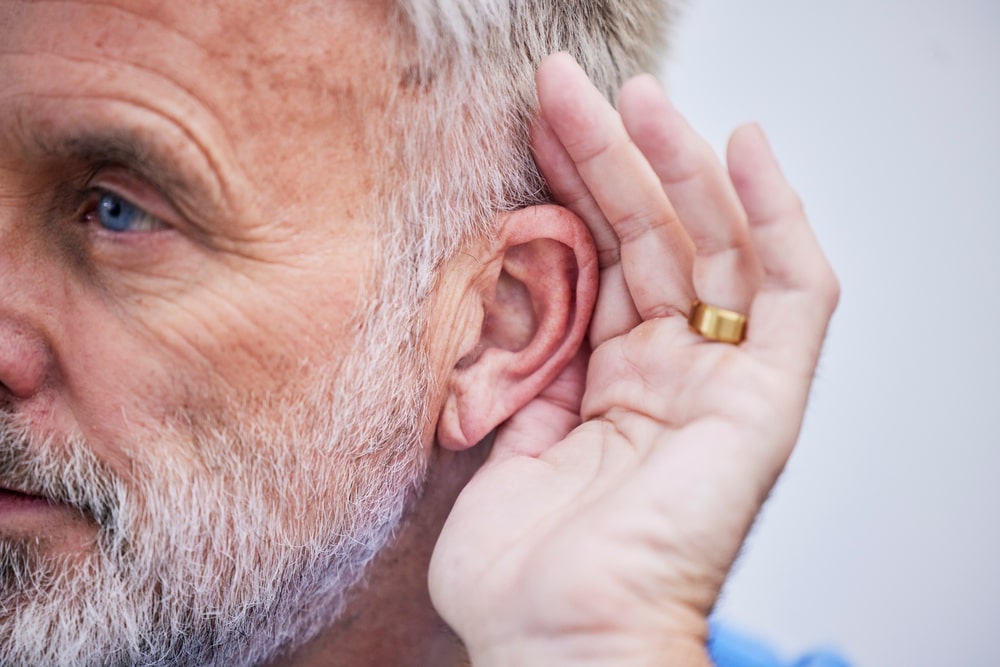
Poor hearing
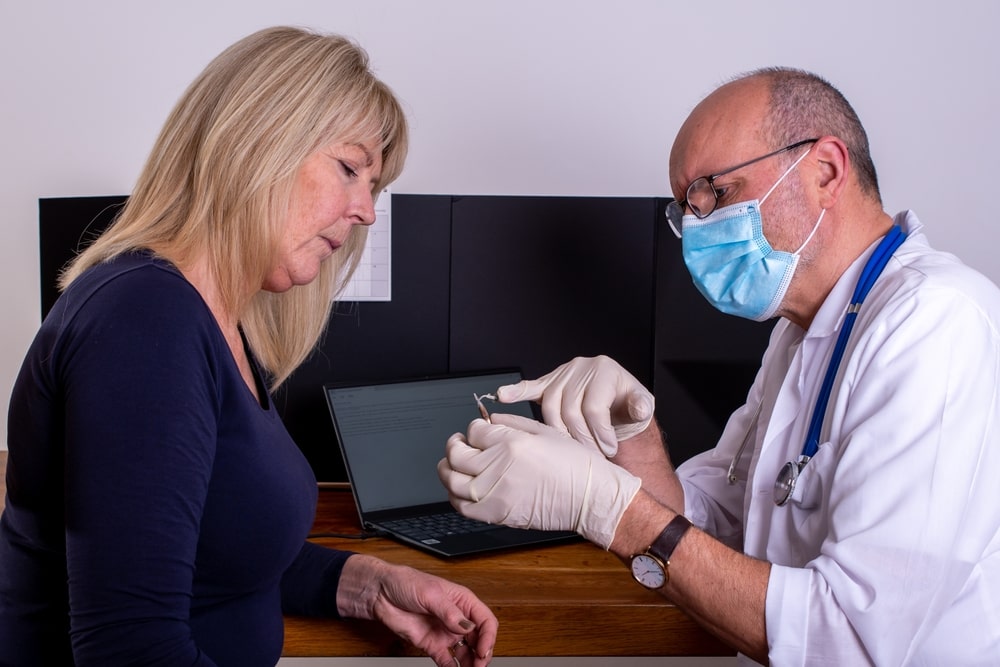
Autoimmune hearing loss

